
At the core of the musical Wicked lies the profound friendship between Elphaba, portrayed by Cynthia Erivo, and Glinda, played by Ariana Grande-Butera. Their narrative becomes increasingly intricate as it intertwines with romantic entanglements involving other characters. Among these figures is the adventurous prince Fiyero, brought to life brilliantly by Jonathan Bailey in the film adaptation. His entrance into Shiz University sparks a romantic connection with Glinda, a relationship that stands in stark contrast to Elphaba’s turbulent emotions. For those versed in the storyline and its underlying themes, the complexities of Elphaba’s relationship with Fiyero, as reflected in her haunting song “I’m Not That Girl,”foreshadow significant developments in the plot.
In the musical where time constraints limit character exploration, Fiyero’s primary function seems to introduce tension into the friendship between Elphaba and Glinda. As the narrative unfolds towards the second act, political dangers escalate, particularly intensified by the love triangle dynamics. This realization has led me to a fascinating conclusion: the romantic struggles woven into Wicked possess a duality of chaotic intensity and structured predictability.
A Chain of Unrequited Love Among Wicked’s Main Cast
Glinda, Nessarose, & Boq: Heartbreak Approaches — Only Elphaba & Fiyero Find Solace
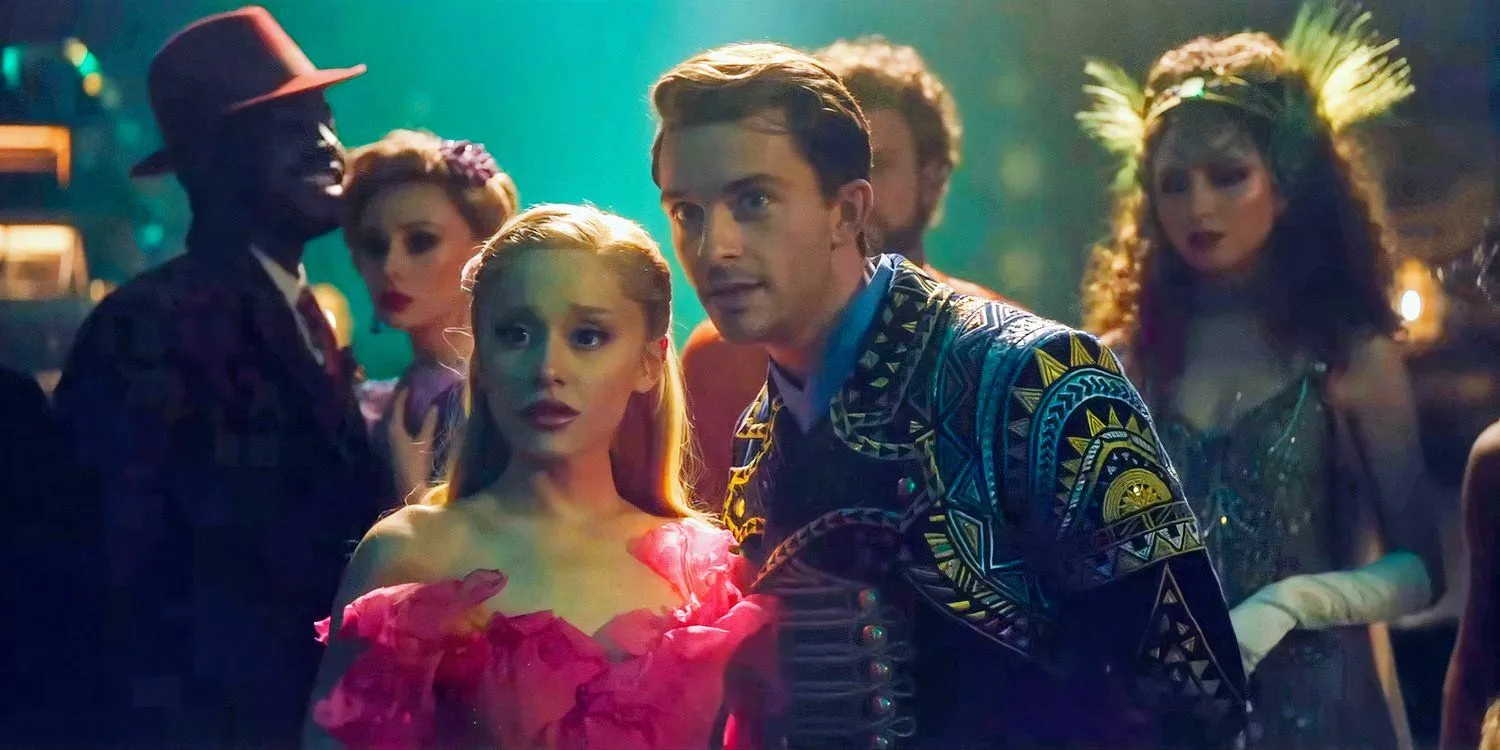
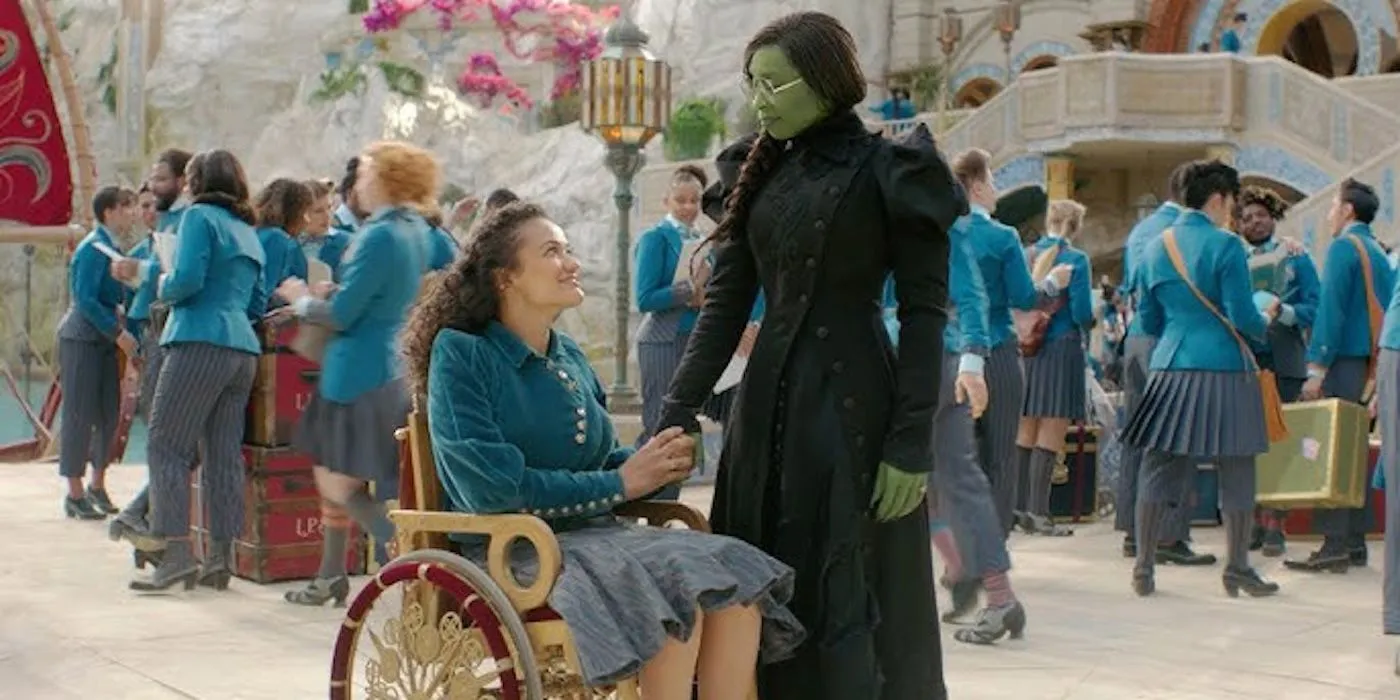


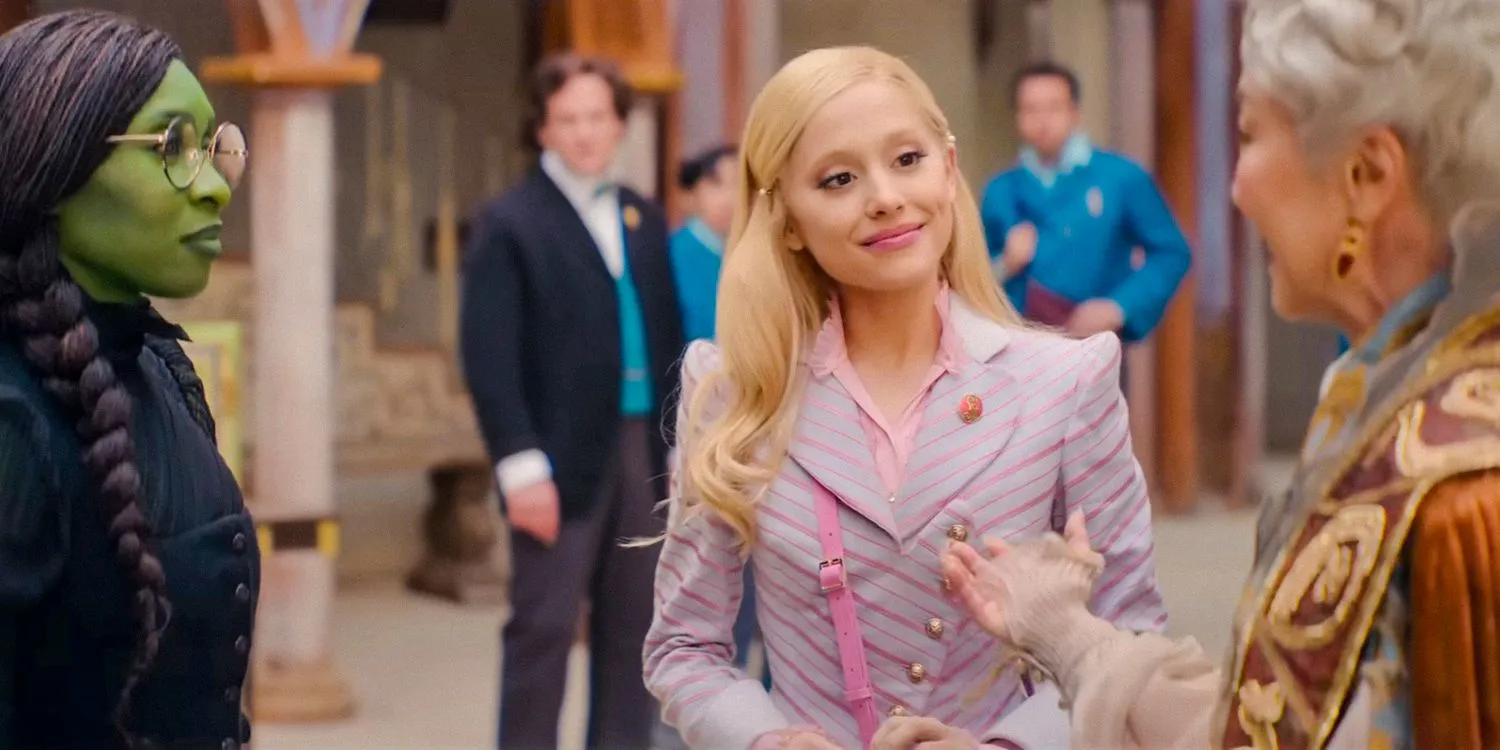
The characters in Wicked are intricately linked in an unexpected web of unreciprocated affections. Elphaba’s sister, Nessarose (played by Marissa Bode), believes she has secured her happy ending when Munchkin Boq (Ethan Slater) expresses interest in her. However, Boq’s true feelings lie with Glinda, who only suggests he ask Nessarose out to further pursue Fiyero, whom she adores. Despite the superficiality of her initial connection with Fiyero, Glinda’s feelings develop and deepen as she discovers more of his character.
As fate would have it, Fiyero’s affection for Elphaba blossoms, leading him to act impulsively when he ultimately chooses to pursue her, leaving Glinda behind. This marks the conclusion of a tumultuous chain of unrecognized feelings; nevertheless, Elphaba and Fiyero cannot escape the shadows cast by their friends’ heartbreak. The fallout from these relationships profoundly impacts not only Nessa and Boq, driving Boq to become the Tin Man, a symbol of lovelessness, but it also burdens Elphaba and Fiyero, complicating their love story.
Expansive Themes of Conquest and Consequences in Wicked
Decisions in Wicked: Love with Distant Repercussions
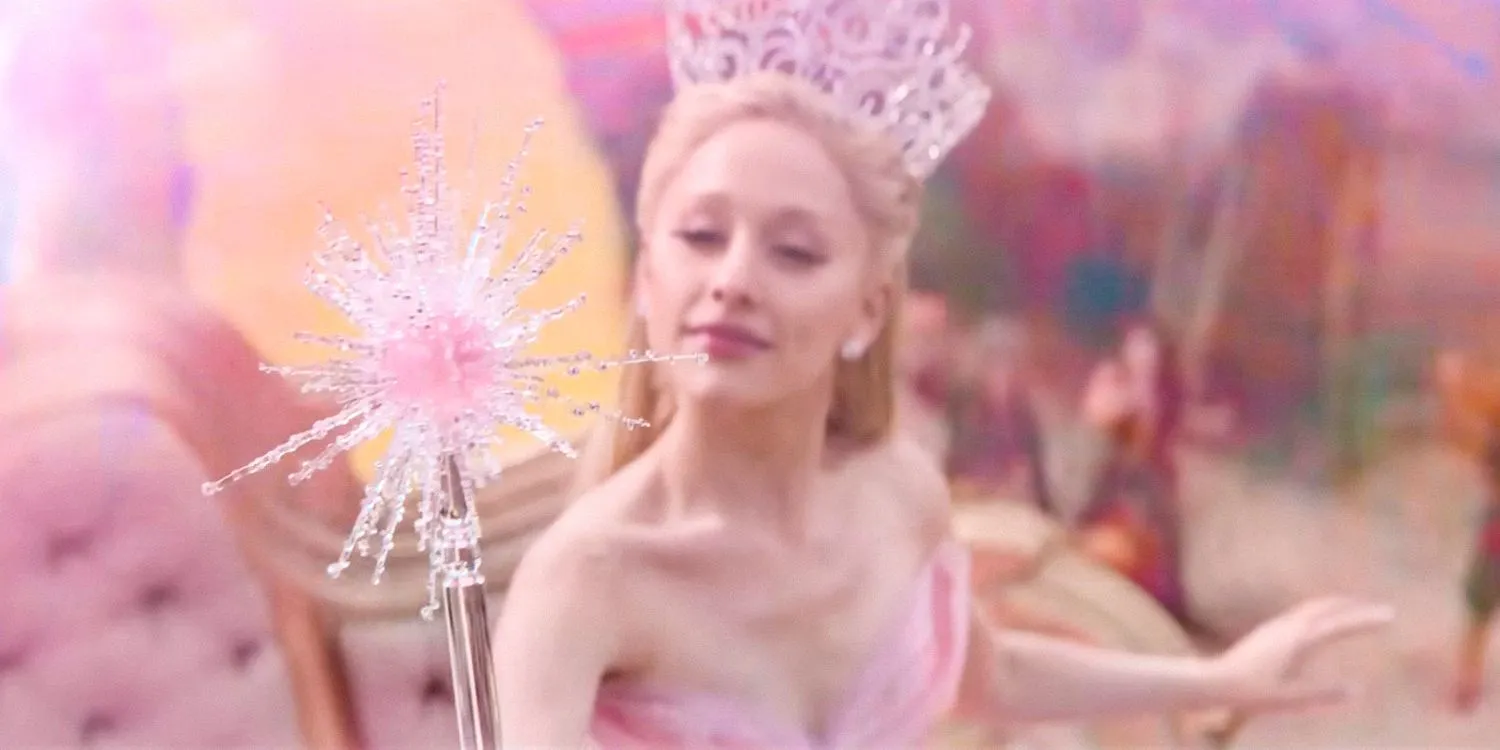
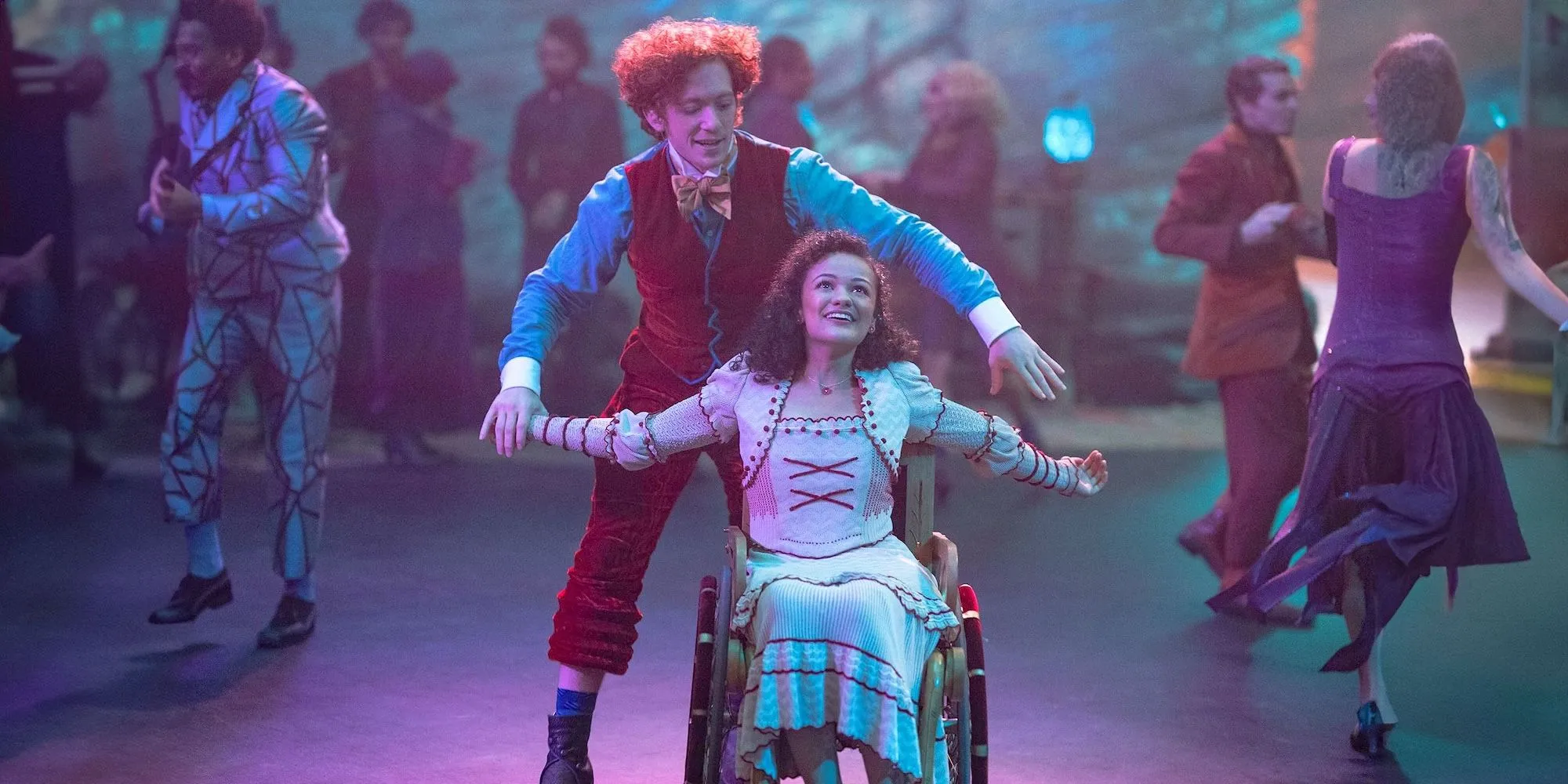
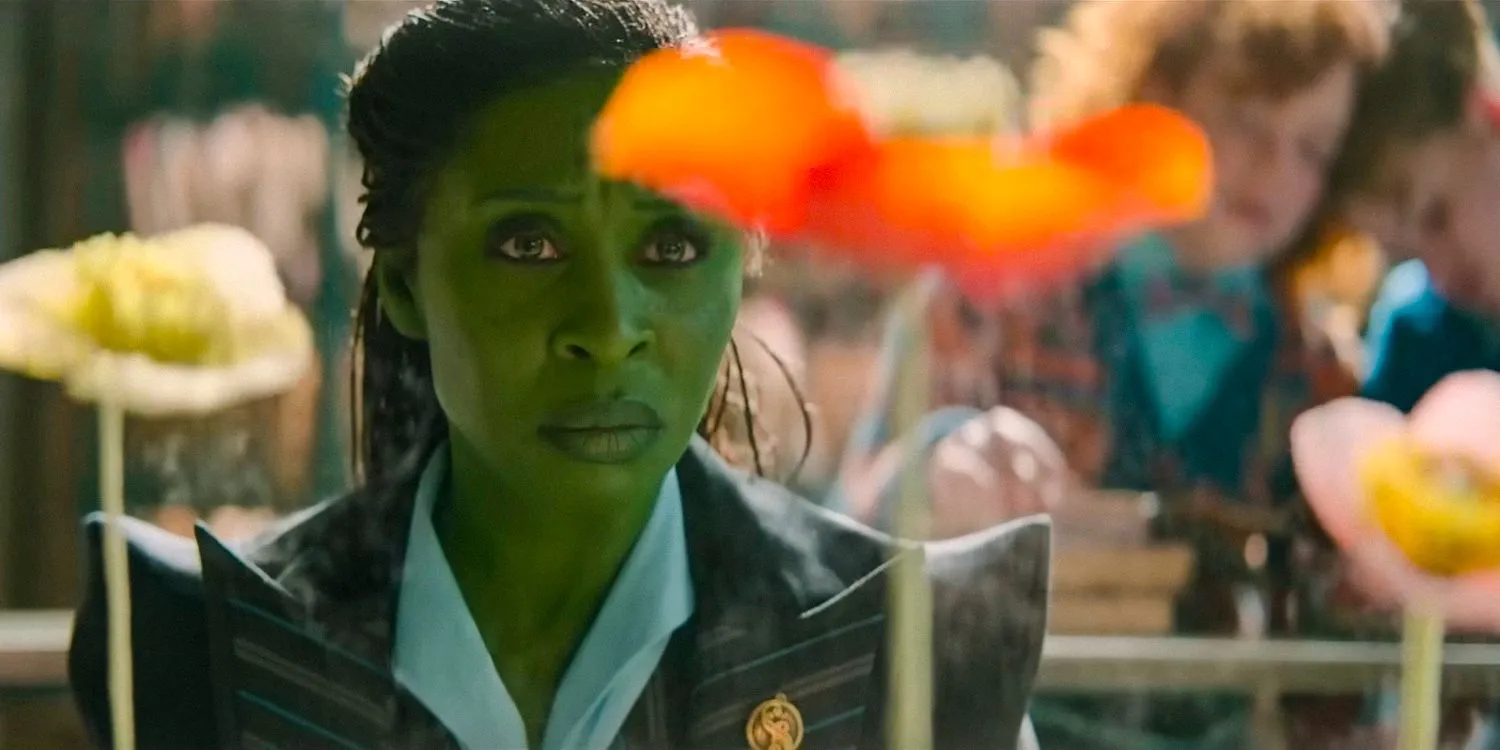
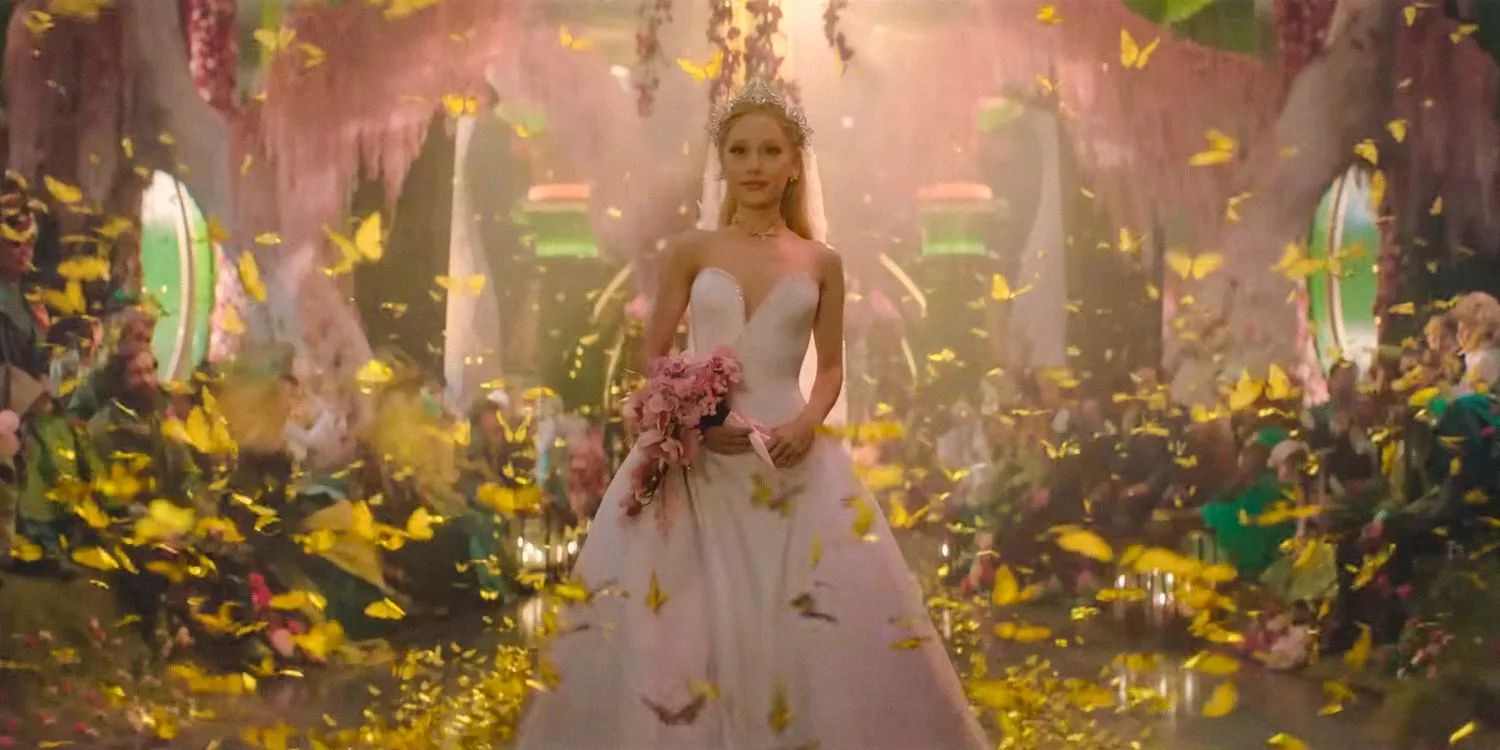
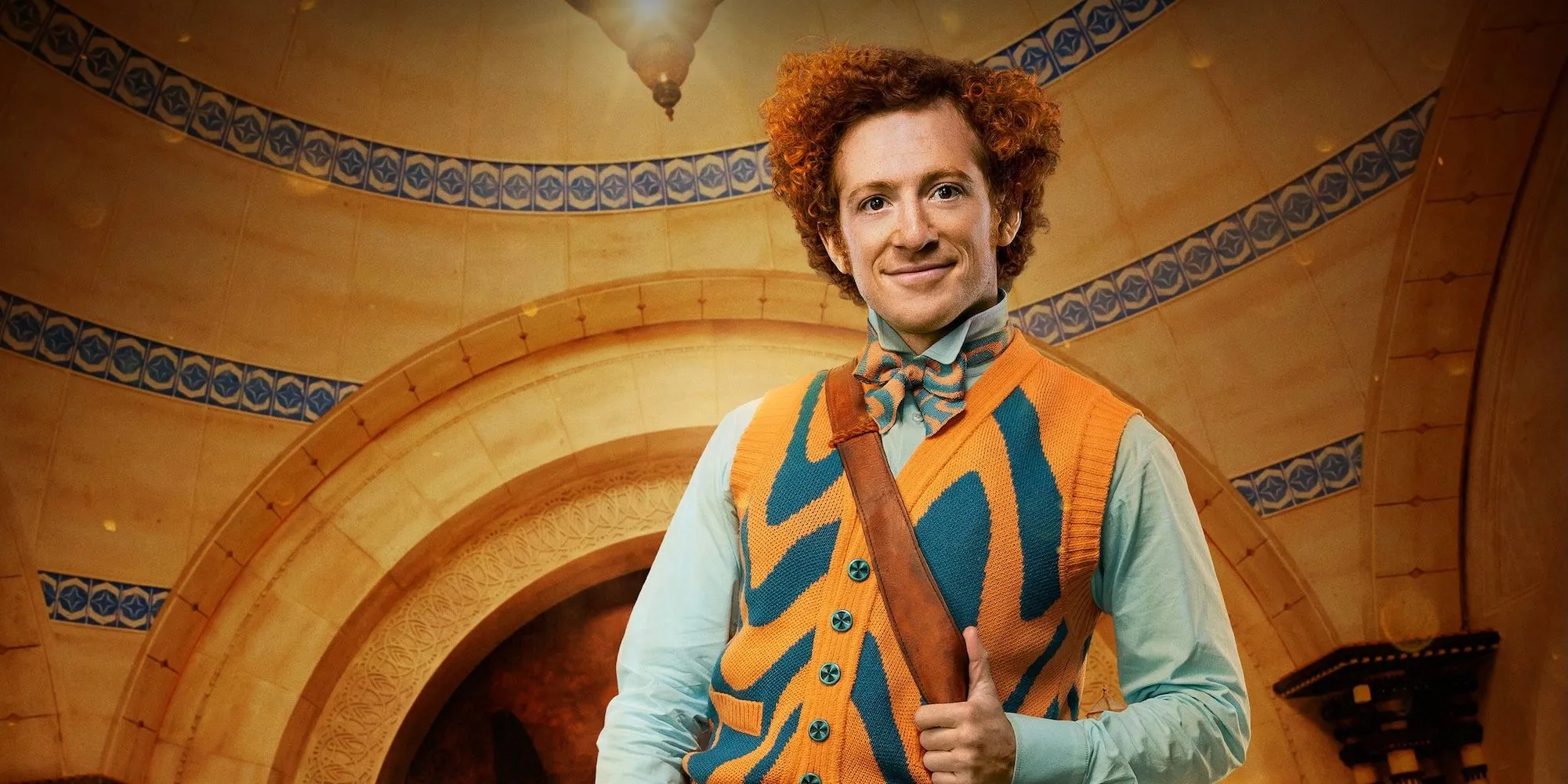
In the heat of emotional turmoil, Glinda impulsively proposes a rumor about Nessarose being in peril to ensnare Elphaba, a suggestion that leads to dire consequences. Nessarose’s mounting jealousy and isolation ultimately transform her into the Wicked Witch of the East, while Boq’s mishandling of their situation results in his tragic evolution into the Tin Man. Each of these decisions serves as a pivotal moment that escalates tensions, stacking one misfortune after another.
These characters are not merely entangled in personal struggles; their burgeoning emotional conflicts bear significant political implications, thus underscoring that a series of youthful infatuations can have profound ramifications in the grand narrative of Wicked.




Leave a Reply